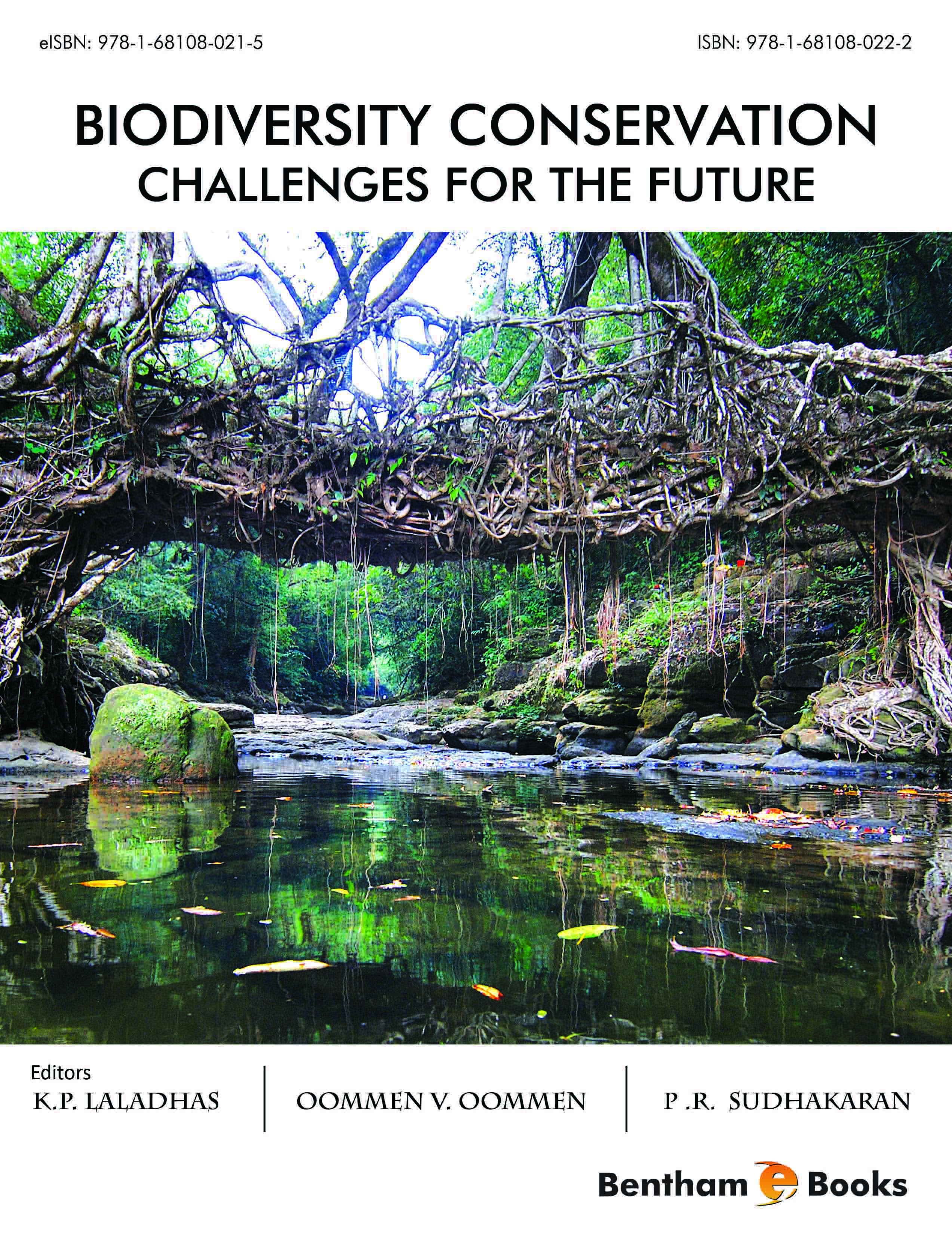It is not often that meetings and conferences discuss and come up with specific ideas to make science inform policy and policy directions suggested, based on sound science. The National Conference on Biodiversity, organized by the Kerala State Biodiversity Board in association with a range of organizations, including the National Biodiversity Authority, Government of India during December 2012 has precisely done this.
The present volume of material provides readers with a rainbow of issues related to knowing and managing India’s biological diversity including the status of these resources while the recommendations indicate the need for appropriate action plans and policy directions for India’s biodiversity management. This compilation comes at a time when the world is watching India, patiently, to come up with its guidance to deal with biodiversity related actions as President of the 194 country strong Conference of Parties to the Convention on Biological Diversity.
Biodiversity is life! It has been amply demonstrated that natural resources offer the best insurance for local people in dealing with adaptation and livelihood securities. While scientists have continued to publish volumes on knowing the diversity and suggested the ways to manage it, the results of their suggestions have had limited impact on countries like India. One of the reasons for this is the wait and watch policy of Government agencies, while addressing and making use of local opportunities that had taken a back seat. With India’s extensive expertise on various areas of biodiversity, time has come for us to re-think the need to re-connect to local action and ensure that work by academic institutions and non-governmental organizations do influence and impact Government policies. The national biodiversity management options also need a complete over-haul during this decade of biodiversity (2011-2020). It is important for all stakeholders to understand that waiting for Government to act is not the only option. Publications, such as these reports, are timely to provide a beacon of hope for the future of biodiversity in India where the spread and depth of action and options need to be measured and used.
Personally, I feel very encouraged that the Kerala State Biodiversity Board, under the guidance of Honourable Chief Minister of Kerala Shri Oommen Chandy, has taken this initiative of organizing the national meeting on biodiversity. The premise of establishing the State Biodiversity Boards under the Biological Diversity Act in India is to provide the option for decentralized implementation of the Act and the State Boards need to precisely engage in such activities such as this. It is important, however, that this kind of dialogues and meetings as well as compilations find a regular place in the national events calendar. In the absence of this, such outcomes and their relevance will fade away.
It is also heartening to write this Foreword since several of the suggestions made in the recommendations section have been followed up by the National Biodiversity Authority during my tenure. The proposal to establish the National Biodiversity Grid has been approved by the Office of Principal Science Advisor to the Prime Minister of India, announcement to launch the National Innovation Council on Biodiversity was made in January 2014 and a range of actions to raise awareness and capacities on issues of biodiversity implemented.
We will certainly fail in our duties, if we do not recognize the unique and leadership role taken by the Kerala State Biodiversity Board in implementing the Biological Diversity Act and in providing a leadership role in the country on issues of establishing and training the Biodiversity Management Committees, preparing the People’s Biodiversity Registers, empowering communities to manage livelihoods using bioresources and most importantly, helping the State Government in making appropriate public policies on biodiversity.
I hope that the present publication will not only help several of us understand the Current Challenges to deal with biodiversity in India but such a publication should also reach Schools, Universities and research institutions so that we have future corps of followers to move the conservation and development agenda in India that can never be delivered by the Government alone.
Dr. Balakrishna Pisupati
Former Chairman
National Biodiversity Authority (NBA)
Chennai, Tamil Nadu
India

